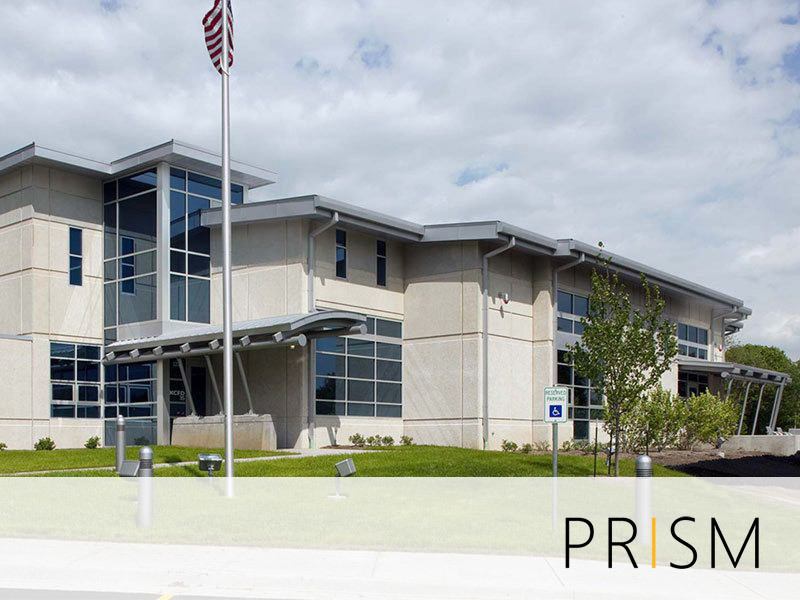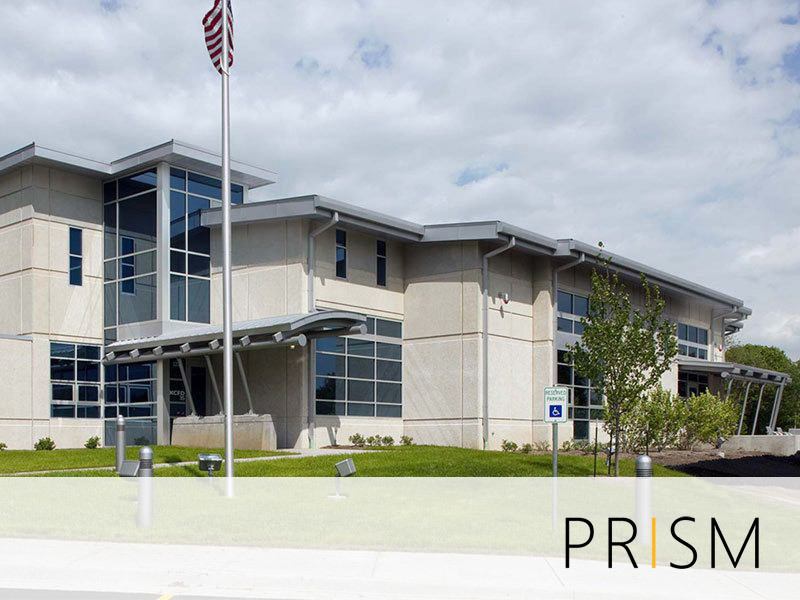Designing safer fire stations to help prevent cancer in firefighters
Firefighters have a 9 percent higher risk of being diagnosed with cancer and a 14 percent higher risk of dying from cancer than the general U.S. population, according to a study conducted by the National Institute for Occupational Health and Safety (NIOSH). Respiratory (lung, mesothelioma), GI (oral cavity, esophageal, large intestine), and kidney cancers account for much of the higher risk.
According to the Firefighter Cancer Support Network, some fire departments are addressing higher than average occupational cancer rates. For example, 32 percent of Miami-Dade Fire Rescue’s (MDFR) active members were diagnosed with cancer or receiving treatment between 2008 and 2010.
In 2016, cancer caused 70% of career firefighter line-of-duty deaths, according to the International Association of Fire Fighters (IAFF). While firefighters used to be diagnosed with asbestos-related illnesses, they are now at a 129% increased risk of dying from cancers like mesothelioma than the public.
The higher incidence of cancer among firefighters is due in part to the contents commonly found in our homes and businesses. More specifically, the raw materials used to manufacture furnishings, flooring, wall coverings, and even packaging for the food in our cupboards, are made of synthetic chemicals and plastics, which, when burned, emit fine particulates that become airborne. These particulates, some of which are carcinogenic, collect on firefighters’ equipment, skin and clothing. If not properly removed and contained, the risk of exposure accelerates. Carbon monoxide, benzene, sulfur dioxide, and hydrogen cyanide are among the toxic chemicals firefighters are exposed to that can linger on gear and skin.
Read Full Article >>




